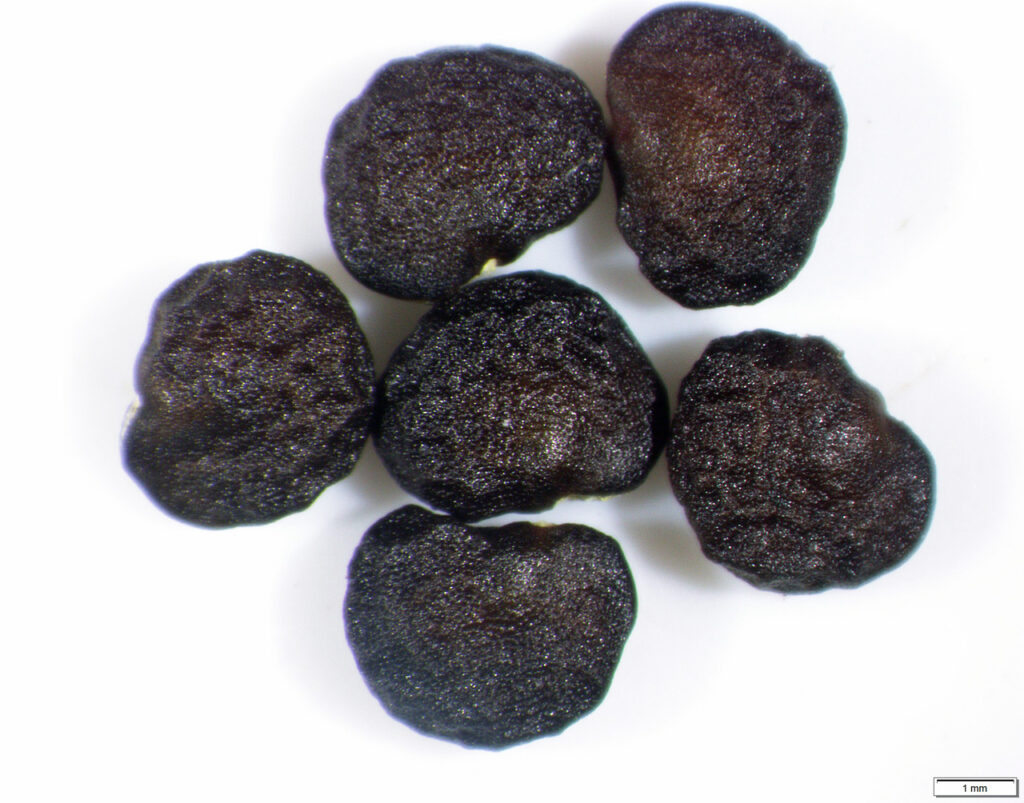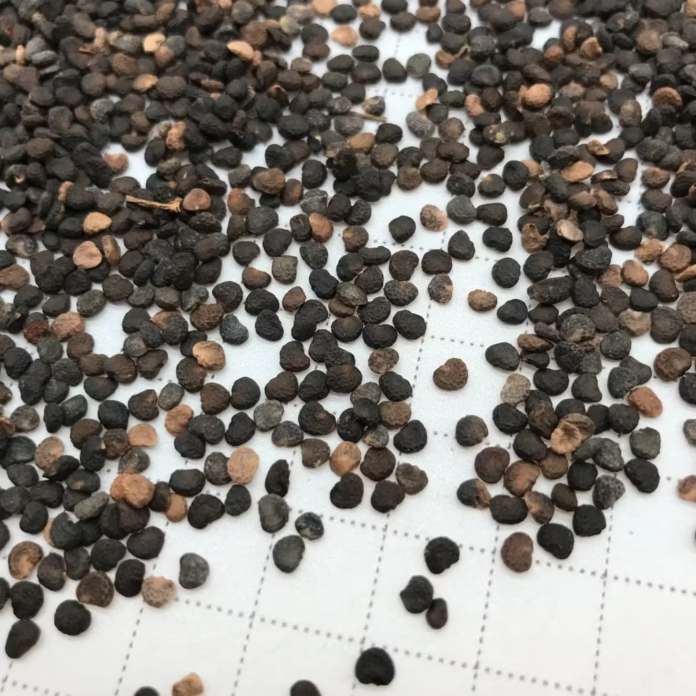Introduction

Datura stramonium, commonly known as Jimsonweed, Devil’s Trumpet, or Thorn Apple, is a plant species belonging to the Solanaceae family. It is native to the Americas but has spread across the world in both temperate and tropical regions. The plant is notorious for its potent and sometimes dangerous medicinal properties. The seeds of Datura stramonium, often referred to as “Datura seeds,” are of particular interest in traditional medicine, although they have a complex and controversial history due to their toxicity.
Forms of Datura Stramonium
Datura stramonium can be consumed in various forms, including:
- Seeds: The seeds are the most potent part of the plant, containing alkaloids such as atropine, scopolamine, and hyoscyamine. These substances can have strong effects on the body, both therapeutic and harmful.
- Leaves: The leaves of Datura stramonium contain similar alkaloids and are sometimes used in herbal medicine in tinctures, teas, or poultices.
- Flowers: The trumpet-shaped flowers of the Datura plant are often used in spiritual or ceremonial contexts, especially in certain indigenous cultures.
- Root and Bark: In some traditional practices, the roots and bark are used to prepare infusions or decoctions.
Health Benefits of Datura Stramonium Seeds
Despite its toxicity, Datura stramonium has a history of use in alternative medicine and traditional practices. Here are some of its health benefits:

- Anticholinergic Effects:
The active compounds in Datura, particularly scopolamine and atropine, have anticholinergic properties. These compounds block the action of acetylcholine, a neurotransmitter, leading to various effects such as reduced secretions (helpful in certain respiratory conditions), and dilated pupils. - Pain Relief:
Datura has been used in traditional medicine to alleviate pain, especially in cases of inflammation or muscle spasms. The plant’s alkaloids can help relax muscles and reduce pain sensation, which is why it is sometimes used for conditions like arthritis or rheumatism. - Bronchodilation:
The plant has been used in traditional practices to treat respiratory issues, including asthma. The alkaloids present in Datura stramonium can open up the airways and ease breathing by acting as bronchodilators. - Antispasmodic Properties:
Datura has been used to treat certain types of muscle spasms and cramps due to its antispasmodic effect. The plant can help reduce involuntary muscle contractions. - Potential Mental Health Benefits:
Some studies suggest that the compounds in Datura may have psychoactive properties, which have been used in ritualistic and ceremonial settings to induce visionary experiences. However, these uses are highly controlled due to the risks involved.
Side Effects and Risks of Datura Stramonium Seeds
While Datura stramonium seeds have medicinal properties, they can also be highly dangerous. The toxicity of the plant and its seeds should not be underestimated. Common side effects and risks associated with Datura include:

- Poisoning:
The seeds of Datura contain potent alkaloids, such as atropine, scopolamine, and hyoscyamine, which can be toxic when ingested in large quantities. Symptoms of poisoning include dry mouth, dilated pupils, blurred vision, increased heart rate, fever, urinary retention, confusion, hallucinations, and, in severe cases, death. - Hallucinations and Delirium:
One of the most common side effects of consuming Datura stramonium is intense hallucinations and delirium, which are attributed to the psychoactive properties of the alkaloids. These effects can last for several hours or even days, leading to confusion, disorientation, and dangerous behavior. - Toxicity in Overdose:
An overdose of Datura stramonium can lead to toxic reactions, such as respiratory distress, seizures, and cardiovascular collapse. There have been many cases of accidental poisoning, particularly among those unfamiliar with the plant’s potency. - Unpredictable Effects:
The potency of Datura varies depending on factors such as the plant’s age, growing conditions, and the method of preparation. As a result, the effects can be unpredictable, and what might be a therapeutic dose for one person could be a lethal dose for another. - Mental and Cognitive Impairment:
Datura’s alkaloids can cause significant cognitive impairment, affecting memory, judgment, and perception. This is why it is dangerous to use this plant without medical supervision. - Interaction with Other Medications:
Datura may interact with other medications, particularly those with anticholinergic effects, such as antihistamines, antidepressants, or antipsychotics. Combining Datura with these substances could amplify the risk of toxicity.




